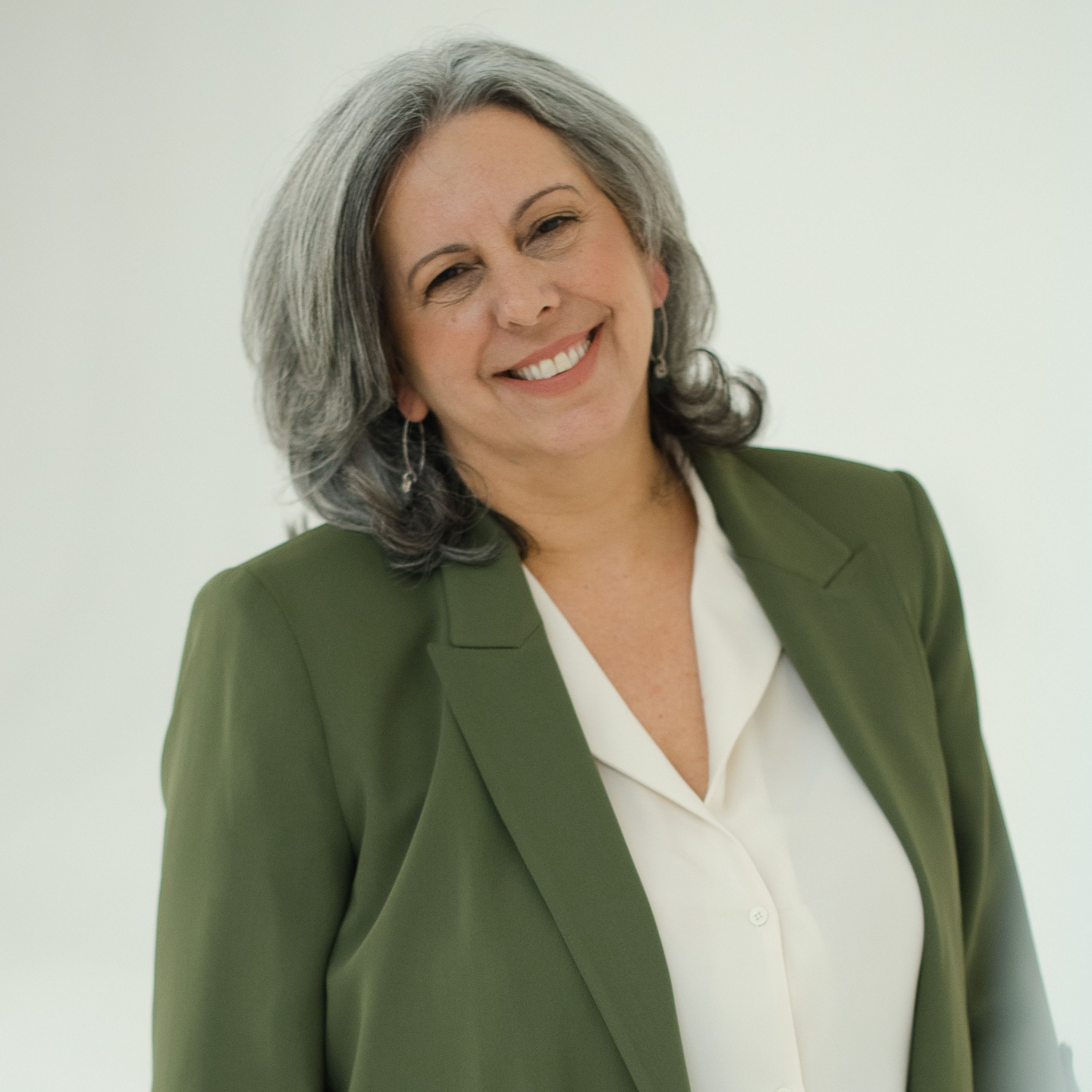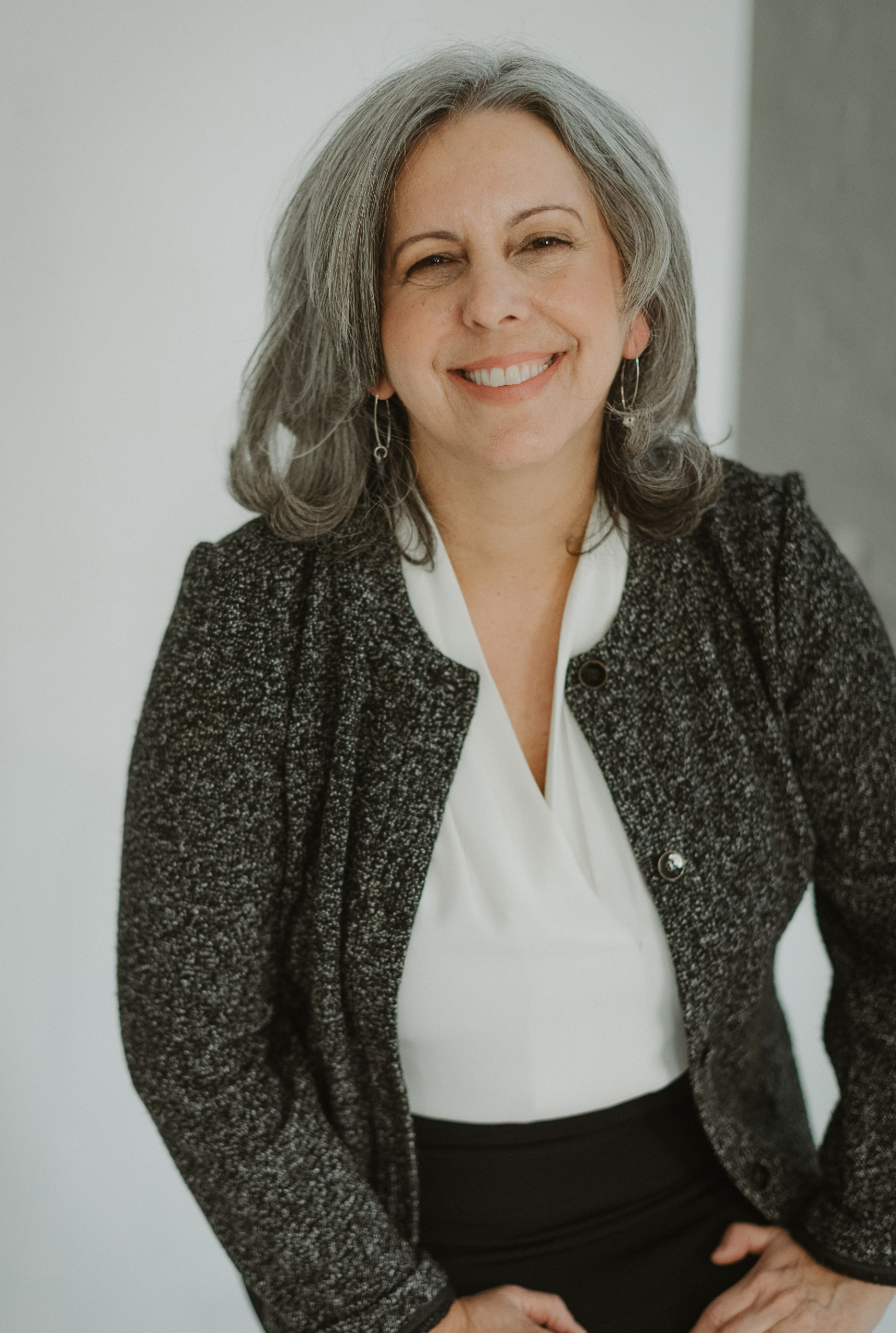Meet Dr. Chiaramonte
Dr. Chiaramonte is a clinician leader and educator in the field of Integrative Palliative Medicine. Practicing and teaching this unique, skill-based, patient-centered style of medicine has fueled her passion to share this powerful approach with families facing serious illness and the physicians who care for them.
Get to know Dr. Chiaramonte below.
My professional path has been a meandering one that has brought me to exactly where I’m supposed to be.
When I began practice as a new family physician, I was surprised that many of my patients were suffering from symptoms that no pill could fix. They were exhausted, but their thyroid and blood counts were normal. Their bodies ached but I couldn’t find a reason. Their life felt flat even though everything was fine. I desperately wanted to relieve their suffering, but the skills that I learned in medical school weren’t what these patients needed.


Once I started teaching patients my own wellbeing tools, I was surprised to find that many of them got better. As I taught them about the stress response, cognitive distortions, meditation, guided imagery, therapeutic arts, positive psychology, the importance of sleep and much more, their pain, fatigue and mood improved. Wow! This sparked my interest in integrative medicine, and I eventually spent more than a decade in that world as the Associate Director and Director of Education of the University of Maryland School of Medicine’s Center for Integrative Medicine.
The integrative approach to care spoke to me. It honored the whole person and highlighted the importance of stress management, sleep, healthy movement and nutritious food. It brought other healing systems to the party, such as traditional Chinese medicine and naturopathy, and encouraged community, creativity and positive coping skills. Integrative medicine seemed like the right approach.
Then my 12-year-old daughter fell off a horse and our world turned upside down.


There was nearly a year of disabling headaches. Brutal neck pain that kept her in bed all day. She could no longer read and had to leave school. Light was unbearable. Sound was too loud and language was confusing. Her world got smaller and darker until she could barely imagine her way out. Her doctors kept saying 'brain rest' even when that clearly wasn’t working.
She started down the path of steroids, injections and neck surgery and I took her to a very well-respected integrative physician to help support her healing. Things didn’t go quite as I expected. The integrative physician told her not to take the steroids or pursue injections or surgery. He told her that if she stopped eating sugar and fixed the mold in our basement her pain would go away. She thought that sounded like BS and I couldn’t say that I disagreed.
That experience was an eye opener.
It made me realize that the subtle preference for non-medical approaches found in some integrative medicine practices might not be right for everyone. Patients with serious or complex conditions may benefit from a truly integrated approach that uses the best of conventional medicine alongside complementary approaches focused on supporting coping and symptom management.
Ultimately, after steroids, injections and surgery my daughter began to improve. She listened to guided imageries, learned about central sensitization, did neurofeedback and vision therapy, took antidepressants and pursued psychotherapy and EMDR. She used yoga, photography, massage, and music and over time she found her way back.

Enhancing wellbeing in people facing serious or complex illness is the medical care that I find most meaningful. I pursued a master’s degree and Board certification in Palliative Medicine because I wanted to be better at helping people heal their lives even when curing their disease was not an option.
I loved the deep conversations and saw transformation in my patients’ lives even if their disease progressed unabated.

I started an integrative palliative medicine outpatient program designed to serve families facing serious illness. Our approach used the best of symptom-focused conventional medicine combined with evidence-supported complementary modalities, and every patient received a personalized treatment plan targeted to their unique needs. Most patients received both conventional approaches such as anti-nausea medications, antidepressants and pain medications as well as modalities such as guided imagery, relaxation techniques, meditation, reiki, massage and acupuncture. We used advanced counseling techniques such as cognitive behavioral therapy, positive psychology and motivational interviewing and we referred patients for spiritual support when needed. We talked about fears of death and designed legacy projects. My team was honored to be invited to weddings and funerals.
It was beautiful.
The typical integrative medicine world tends to focus on healthier people and may feel uncomfortable with progressive illness and end of life care. The typical palliative medicine world doesn’t fully embrace complementary modalities. There aren’t many physicians who are comfortable with both domains, and I realized that the world needs more integrative palliative physicians. Additionally, those physicians need the skills to attend to their own wellbeing so that they can care effectively for their patients without becoming depleted.
Thus, the Integrative Palliative Institute (IPI) was born!


My experience with medical education, physician wellbeing, integrative medicine and palliative medicine has coalesced into IPI. My mission is to transform the approach to serious illness care. IPI will support families facing serious illness so they can better manage a difficult and scary time. It will also train physicians and other healthcare professionals in the art and science of integrative palliative medicine, so they can more effectively relieve their patients’ suffering, support their own wellbeing and deepen the meaning that they feel from their medical practice.
This vision includes any physician, or clinician, who cares for patients facing serious illness. This includes primary care physicians, surgeons, oncologists, rheumatologists, PM&R physicians, palliative medicine physicians and more.
There is a better way.
Join me.
